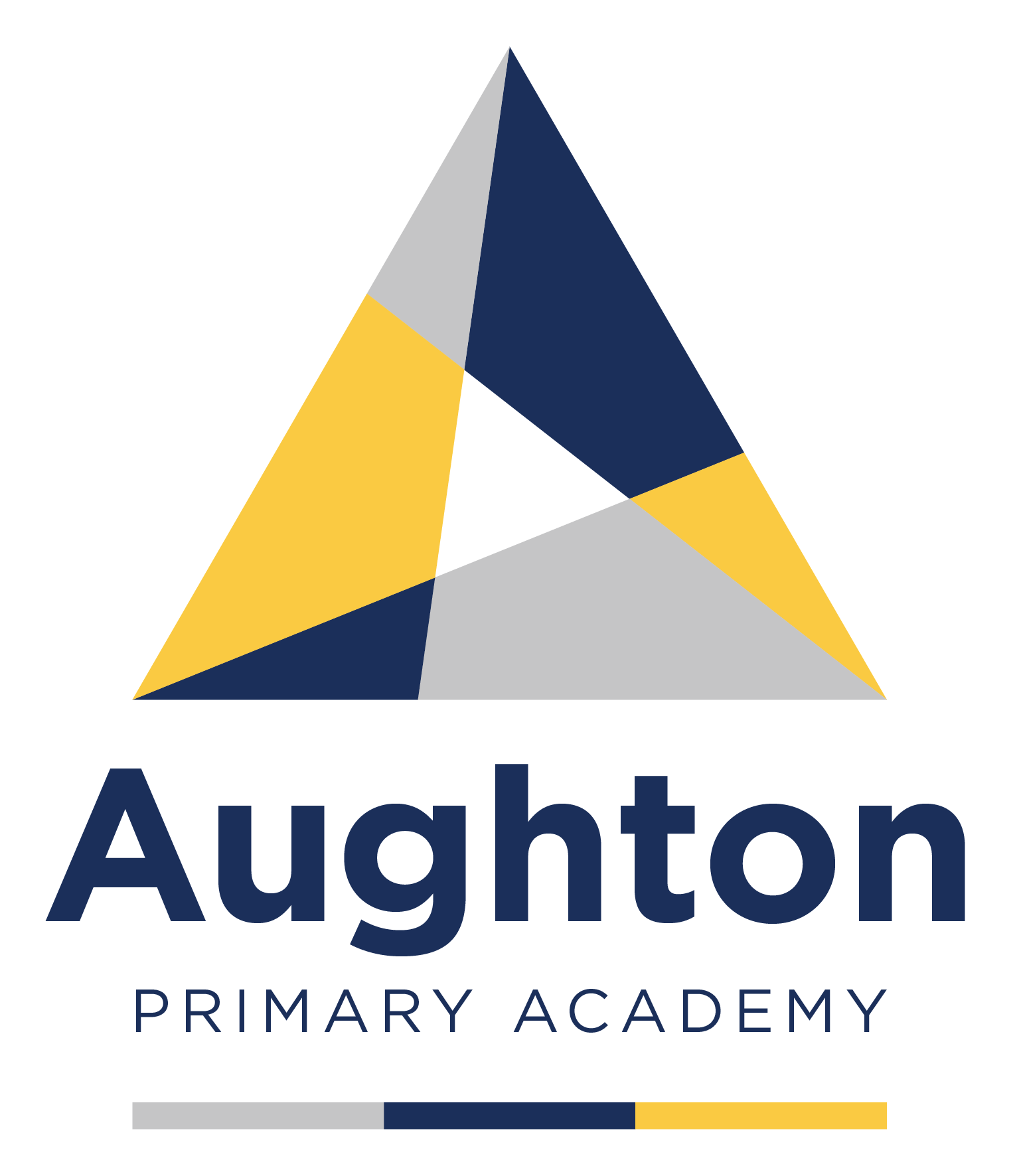Assessment
At Aughton assessment helps our teachers to improve and develop pupil learning by providing insight, direction and areas to target in order to raise pupil achievement.
- Assessment is used to help inform planning and teaching. At Aughton, we are strong believers in tailoring our education where possible - assessment helps us to do this. At every assessment point, (listed below) teachers analyse pupil papers, creating a gap analysis (areas of strength and areas targeted for improvement), from these they are then able to target specific needs of both the class and individuals.
Assessment for Learning underpins our learning ethos and is practiced throughout the whole school. It provides instant and highly effective feedback for both teachers and pupils, allowing lessons to progress, develop and adapt according to the knowledge and understanding of our pupils. Effective assessment for learning combined with marking and feedback of written work is fundamental to the success and achievements of our pupils.
Assessment in EYFS
Ongoing assessment takes place in all the areas of learning through observation of child and adult initiated activities and through open discussion about learning processes.
Each child is regularly assessed against the EYFS profile. The profile measures achievements against the Early Years Foundation Curriculum.
Children are assessed according to age in months. This means that if a child has well-developed skills they may be said to be working at an age level above their actual age, in months. If a child is finding something challenging they may be levelled at an age below their actual age, in months. Young children develop at different rates and their abilities can change rapidly, especially during their early schooling years; this is nothing to worry about!
At the end of FS2 the final results of the EYFS profile are shared with the Year 1 teacher to facilitate transition into Key Stage 1.
Your child’s development will be shared at parent consultations during the Autumn and Spring terms and within their school report at the end of the year. During these reviews, please feel free to ask any questions or share any concerns.
Assessment in KS1 and KS2
Ongoing assessment includes:
- pupils’ work – exercise books, oral presentations, performances, photographs of practical learning
- self-assessment
- peer assessment
- questioning and discussion
- group work activities
Summative Assessment
Pupils in Years 2-5 will be formally tested in Maths, Reading and SPaG every term.
Pupils in Y6 pupils will be formally tested in Maths, Reading and SPaG every half term.
Phonic assessments will take place in Y1 (and in Y2 for pupils who did not pass the Y1 phonics screening) on a half termly basis.
Baseline testing takes place in Years 3-6 in the Autumn Term as is used to track progress throughout the course of the year.
All assessments will be marked by the class teacher and will then be moderated by senior staff. Class teachers will analyse test papers to identify areas of strength / development (gap analysis). This will then inform planning for the next half term.
Professional development through the year will support teachers to conduct assessment confidently. Teachers also have the opportunity to work collaboratively with our other junior academy schools to ensure secure judgements are made, particularly when assessing writing. Teacher assessment data will be collected in each half term and tracked to ensure pupil achieve their full potential. Y6 teachers submit both test and teacher assessment data each half term.
Pupils are then assessed based on their year group objectives. For example, a Y3 pupil is graded 3A, this is an indication that a pupil is applying all the skills in the year 3 curriculum. A grading of 3B is an indication that the pupil is beginning to secure the skills in the year 3 curriculum. A grading of 3C is an indication that the pupil can use and apply the skills of the year 2 curriculum confidently and are beginning to practise some of the skills in the year 3 curriculum.
The consistency of assessment is paramount.
Phonics screening Year 1:
Whilst your child is in year 1 they will have a phonics screening test which will assess whether your child is at expected level for their phonics (pass) or working towards (not pass). This phonics-screening test takes place during June and therefore it is essential that no year 1 child takes any form of leave in this month. You will receive more information during your child’s time in year 1.
SATS year 2:
Once your child reaches year 2 (their final year in KS1), they will take part in a range of Statutory Assessment Tests (SATs). These take place during the May and therefore it is essential that no year 2 child take any form of leave in the month of May.
All year 2 children across England take part in these tests - unless they are working well outside of the expectations of their year group. Once the tests have been completed nationally, standardised scores are published which allow us to analyse who is working at expected, below expected or at greater depth. More information will follow once your child is in year 2.
Year 4 Multiplication Times Tables Check (MTC)
This check is for all children in Year 4 and will take place in June. The purpose of the check is to determine whether pupils can fluently recall their times tables up to 12 x 12, which is essential for future success in mathematics. It will also help us identify pupils who may need additional support. The MTC is an on-screen check consisting of 25 times tables questions. Your child will answer 3 practice questions before moving on to the official check, and will then have 6 seconds to answer each question. There will be links to helpful website and practice tests on the school website.
SATS year 6:
Once your child reaches year 6 (their final year at Aughton), they will take part in a range of Statutory Assessment Tests (SATs). These take place over a week in May. It is essential that no year 6 child takes any form of leave in the month of May.
All year 6 children in England take part in these tests - unless they are working well outside of the expectation of their year group. These tests are marked externally and results plus a standardised score are given to the school which allows us to analyse who is working at expected, below expected or at greater depth. This information is shared with your child’s secondary school and you. Your children will sit tests in a relaxed environment throughout their time in Key Stage 2 so therefore they will feel more prepared for these formal tests. More information with regards these tests will be given when your child is in year 6.

